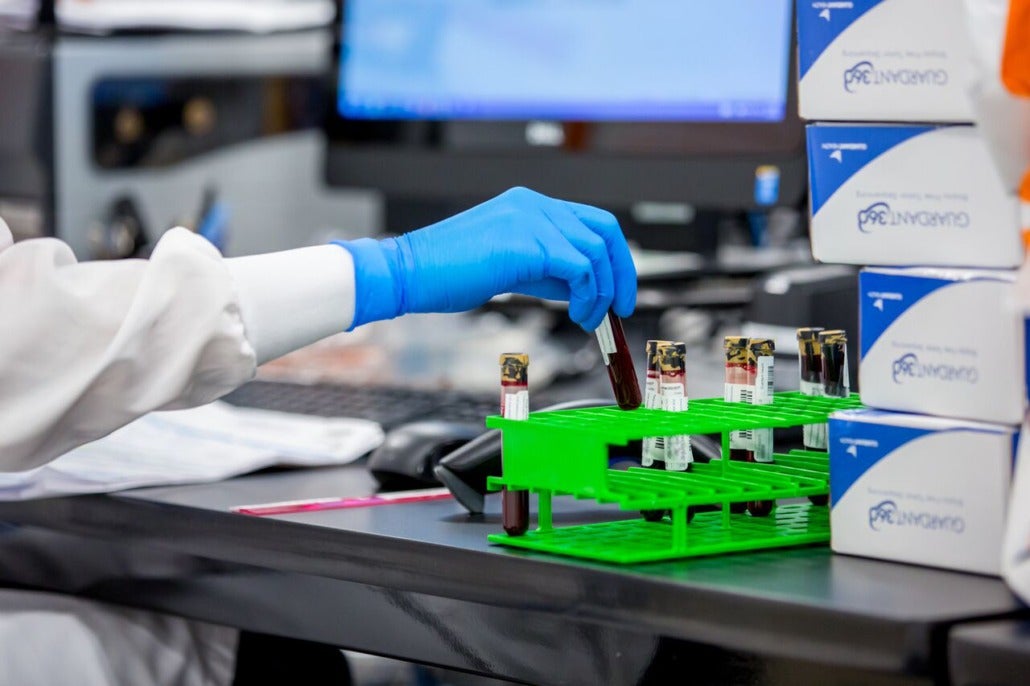
Guardant Health has unveiled Guardant Galaxy, a suite of artificial intelligence (AI) advanced analytical technologies, to improve the performance and clinical utility of its cancer tests portfolio.
The US-based precision oncology company also expects the suite of solutions to support the discovery of the next generation of biomarkers and drugs.
Guardant Galaxy is said to have been developed internally and through external partnerships.
Guardant Health co-CEO Helmy Eltoukhy said: “Precision medicine has clearly demonstrated its potential to improve outcomes for patients with cancer, and our genomic profiling tests play a key role by identifying cancer biomarkers and other factors that can inform diagnosis and therapy selection.
“With Guardant Galaxy, we are now accessing the most advanced AI analytics and complementary technologies from leading companies in cancer diagnostics.
“This will enable us to enhance the capabilities of our tests to provide oncologists and researchers with precise and actionable information and accelerate the development of new biomarker and drug discovery technologies.”
Guardant Health said that the first application in the Guardant Galaxy suite is an AI-backed digital pathology platform created by South Korean firm Lunit.
According to Guardant Health, the AI-powered scoring algorithm for the Guardant360 TissueNext PD-L1 test, enhanced detection of the cancer biomarker by over 20% in comparison to manual pathologist interpretation in the most challenging cases of non-small cell lung cancer (NSCLC).
According to the results of a recent study, published in the European Journal of Cancer, the algorithm can help pathologists by reducing interpretation discrepancy and enabling better prediction of the outcomes of treatments.
Early Guardant Galaxy applications will also have new native AI analysis applications, which include the prediction of the response of patients to immunotherapy.
The genomic and epigenomic data generated by Guardant Health’s tests are planned to be mined for additional applications. These include improved oncology drug and biomarker discovery and development capabilities, the precision oncology firm said.






